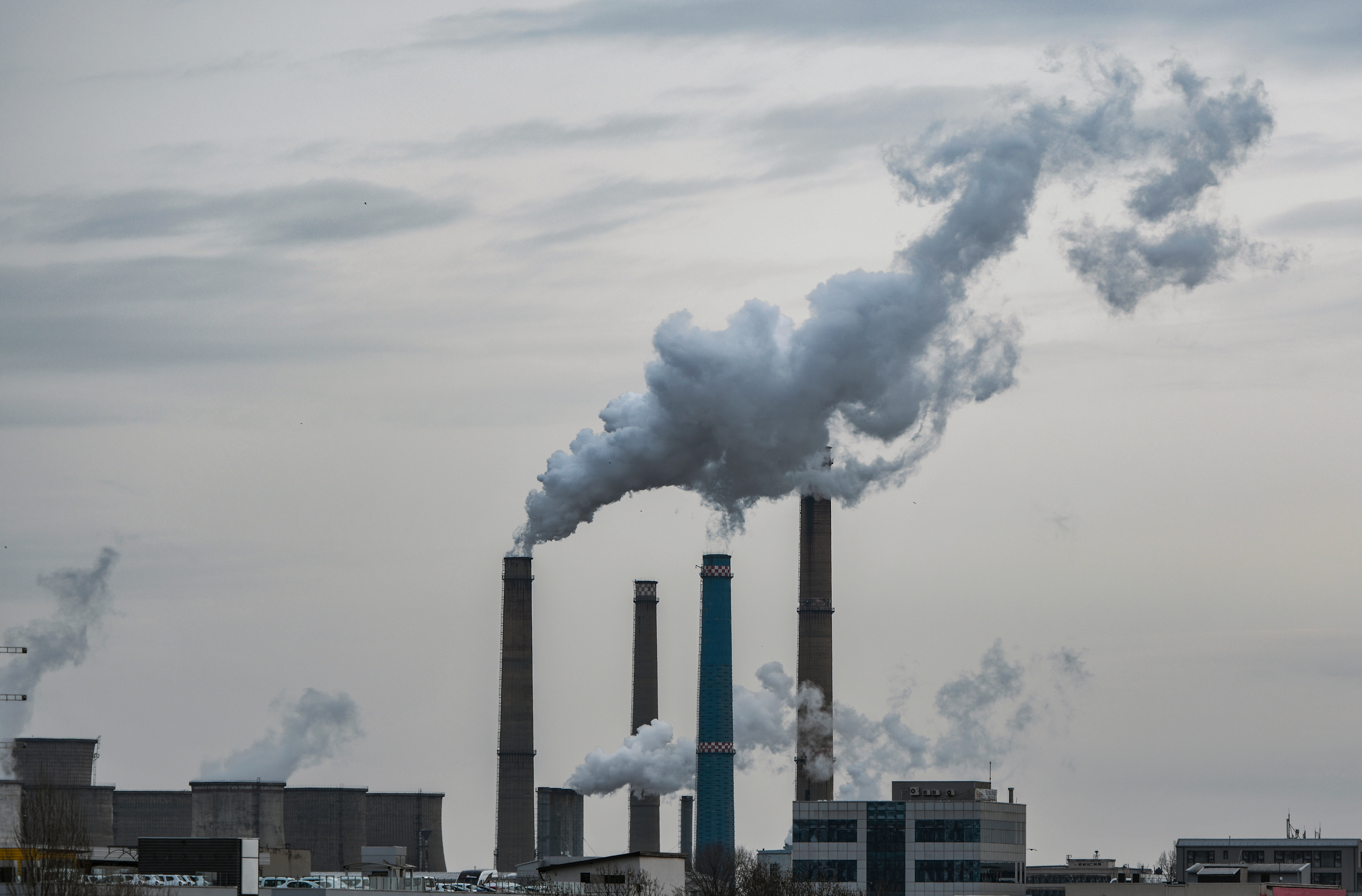Europe’s prohibitive carbon capture and storage (CCS) plan could leave taxpayers with €140 billion bill

10 October 2024 (IEEFA) | Most of Europe’s planned carbon capture and storage (CCS) applications are too expensive to work on a commercial basis and are nowhere near ready to be rolled out.
New research from the Institute for Energy Economics and Financial Analysis (IEEFA) reveals the extensive technical, commercial and legislative challenges European countries face as they bet on CCS to reduce emissions and reach net zero.
Given CCS’s technical immaturity and the problems that have plagued operational projects, the report warns that the technology’s already prohibitive cost is likely to remain high, if not increase, in the near term.
IEEFA estimates the total cost of Europe’s planned CCS projects will be €520 billion. While financial incentives in the form of reduced emissions trading system payments could cover about three-quarters of project costs, the remainder will need to be shouldered by governments. This could mean as much as €140 billion is required from taxpayers.
“Relying on CCS as a climate solution will force European governments to introduce eye-wateringly high subsidies to prop up a technology that has a history of failure,” said Andrew Reid, an IEEFA energy finance analyst and author of the report. “As the small number of operational projects show, CCS is not likely to work as hoped and will take longer to implement than expected.”
Europe has just under 200 planned CCS projects for multiple emissions-intensive sectors. More than 90% of the emissions from these facilities are expected from sectors where the technology is at the prototype or demonstration phase.
Despite this, the proposed timelines of European CCS projects are overoptimistic. About 90 will need to be operational by 2030 across the European Union and the UK for both to meet their carbon capture targets. Currently, there are three operational CCS projects in the European Union and none in the UK.
“Doubling down on unrealistic targets risks leaving it too late to reduce emissions through alternative measures when it is realised that CCS’s contribution to net zero will likely fail. Policymakers should begin working urgently to put more practical solutions in place,” said Reid.
The report also highlights the challenges of establishing commercial models, standards and legislation for full-cycle CCS projects that capture carbon dioxide from various industrial sites and then transport it to a port or pipeline to be injected and stored subsurface.
“There is a risk that carbon capture volumes will not be as intended for clusters relying on various capture sites with different reliability levels,” said Reid. “Lower volumes will impact the economics and commercial viability of transport and storage operators.”
Read the report: https://ieefa.org/resources/carbon-capture-and-storage-europes-climate-gamble
Press contact
Jules Scully | [email protected] | +447594 920255
About IEEFA
The Institute for Energy Economics and Financial Analysis (IEEFA) examines issues related to energy markets, trends and policies. The Institute’s mission is to accelerate the transition to a diverse, sustainable and profitable energy economy. www.ieefa.org












